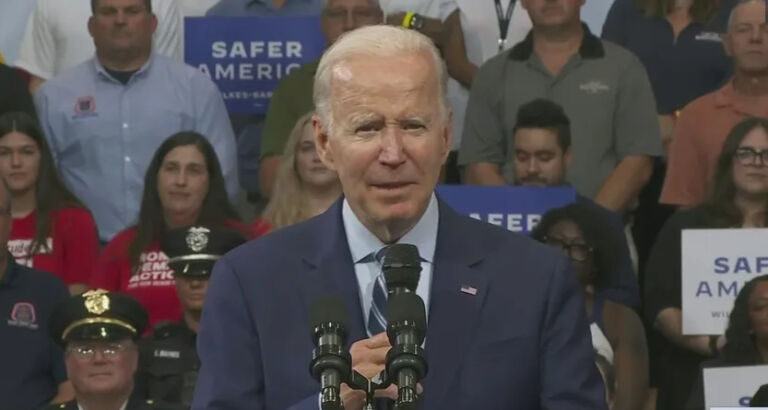Jack Butler explains at National Review Online why one current economic change could mean good news in the long run.
There are certain stereotypes that attach to the lifestyles of those whom Atlantic staff writer Derek Thompson calls “youngish, urbanish, professionalish.” The twenty/thirtysomethings one thinks of most frequently in such contexts — those who live in cities such as Washington, D.C., and New York and who work in finance, consulting, or (ahem) media — are often thought to live bespoke existences, spending much of their leisure time being ferried via rideshare services between various social outings (especially brunch), ordering food for immediate consumption to be delivered to their abodes (if in D.C., often recently built, hotel-esque constructions with rooftop pools in trendy areas), and generally relying on apps for other assorted needs (getting groceries, arranging out-of-city travel, buying furniture, etc.). …
… One reason why, as Thompson explains in a recent piece for the Atlantic, is what he calls the “Millennial Consumer Subsidy.” As he describes it:
“For the past decade, people like me—youngish, urbanish, professionalish—got a sweetheart deal from Uber, the Uber-for-X clones, and that whole mosaic of urban amenities in travel, delivery, food, and retail that vaguely pretended to be tech companies.” …
… Alas for its beneficiaries, however, this subsidy is being drawn down. Tightness in the labor market, challenges elsewhere in the economy from supply chains and inflation, and other exogenous factors have ended the previous willingness of investors to bankroll these enterprises indefinitely in the hope that one of them would really take off. As Thompson puts it, until recently “the best way for a start-up to make money from venture capitalists was to lose money acquiring a gazillion customers.”
But no more. The city-dwelling youth whose lifestyles have depended on the cheap availability of services and products through these companies must now contend with “higher prices, higher margins, fewer discounts, and longer wait times.” And I say good riddance. …


